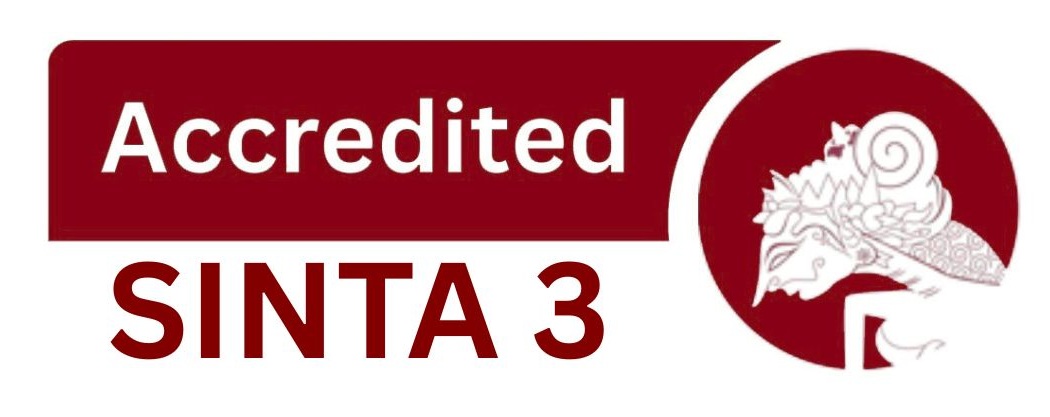USING WORD BANK TO ENRICH VOCABULARY OF GRADE X STUDENTS OF TAMAN KARYA MADYA VOCATIONAL HIGH SCHOOL
DOI:
https://doi.org/10.22460/eltin.v7i2.p75-86Keywords:
word bank, vocabulary, Vocational High School, teaching techniqueAbstract
This paper explored the teaching techniques to enhance the tenth grade students’    vocabulary items in Taman Karya Madya Vocational High School Yogyakarta, Indonesia. The researchers conducted a pre-test before undertaking the classroom action research (CAR) and a post-test to measure the students’ improvement afterwards. Data were analyzed using the qualitative method by comparing the results of the pre-test and of the post-test. This study sought to answer the research questions related to how the word bank helped students in enriching vocabulary and whether there was any relationship between the teaching method applied in this CAR and the students’ improvement in vocabulary mastery. Results indicated that word bank assisted the students in enhancing vocabulary and that it was essential to choose an appropriate technique in teaching vocabulary.
References
Aronson, E. (2011). Cooperation in the classroom. London: Pinter and Martin Ltd.
Brogan, D. R., & Kutner, M. H. (1980). Comparative analyses of pretest-posttest research designs. The American Statistician, 34(4), 229-232. DOI: 10.1080/00031305.1980.10483034
Graves, M. F., & Prenn, M. C. (1986). Costs and benefits of various methods of teaching vocabulary. Journal of Reading, 29(7), 596-602.
Gu, Y., & Johnson, R. K. (1996). Vocabulary learning strategies and language learning outcomes. Language learning, 46(4), 643-679.
Hamzah, M. S. G., Kafipour, R., & Abdullah, S. K. (2009). Vocabulary learning strategies of Iranian undergraduate EFL students and its relation to their vocabulary size. European Journal of Social Sciences, 11(1), 39-50.
Harmon, J. M., Wood K. D., & Keser, K. (2009) Promoting vocabulary learning with interactive word wall. Middle School Journal, 40(3), 58-63.
Hopkins, D. (2008). A teacher's guide to classroom research. Buckingham: Open University Press
Horst, M., Cobb, T., & Nicolae, I. (2005). Expanding academic vocabulary with an interactive on-line database. Language Learning & Technology, 9(2), 90-110.
Kemmis, S., & Mc Taggart, R. (1988). The action research planner. Victoria: Deakin University.
Laufer, B. (1990). Ease and difficulty in vocabulary learning: Some teaching implications. Foreign Language Annals, 23(2), 147-155.
Nation, I. S. P. (1990). Teaching and learning vocabulary. New York: Newbury House.
Nation, I. S. P. (2001). Learning vocabulary in another language. Cambridge: Cambridge University Press.
Nation, I. S. P., & Webb, S. A. (2011). Researching and analyzing vocabulary. Boston, MA: Heinle, Cengage Learning.
Oxford, R. (1990). Language learning strategies. Cambridge: Cambridge University Press.
Patton, M. Q. (2001). Qualitative evaluation and research methods (3rd ed.). Thousand Oaks, CA: Sage Publications, Inc
Pramesti, M. R. D., Pramono, W. S, & Suhermawan. (2008). English for SMK: Grade X. Jakarta: Pusat Perbukuan Departemen Pendidikan Nasional.
Schmitt, N., & Schmitt, D. (1995). Vocabulary notebooks: Theoretical underpinnings and practical suggestions. ELT Journal, 49(2), 133-143.












